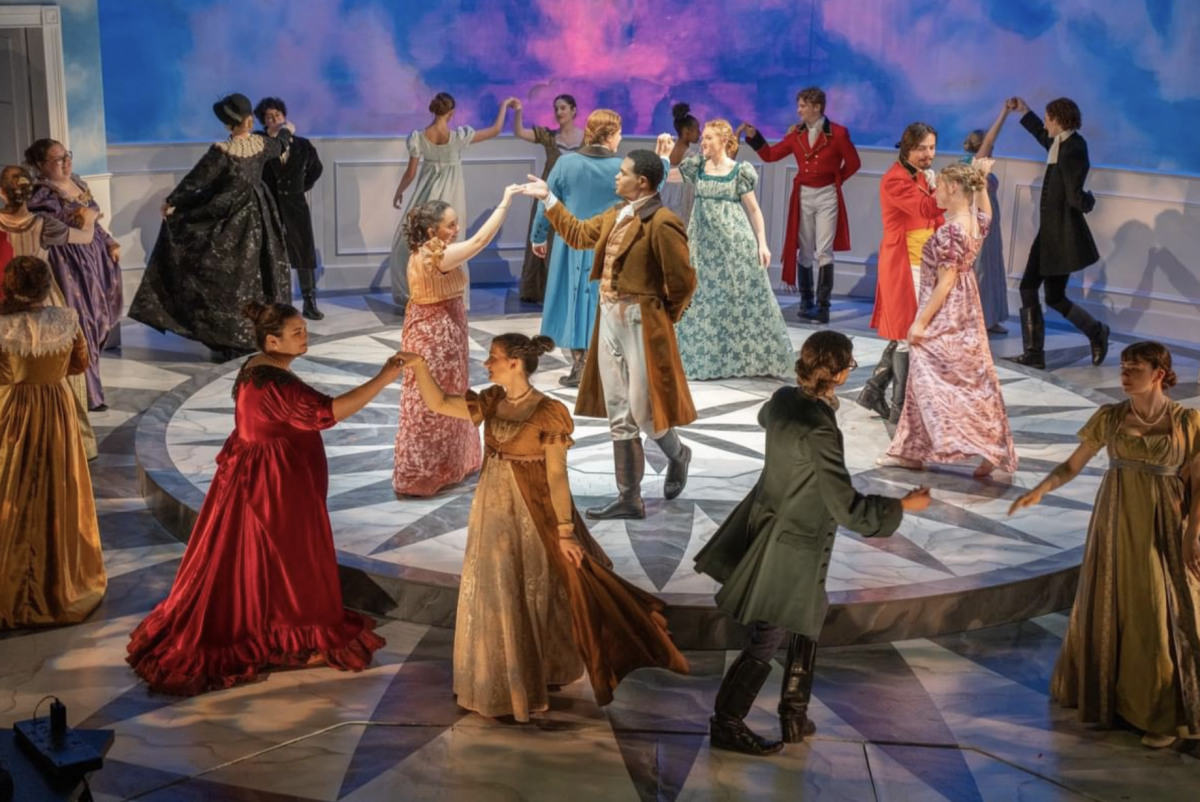Kamaal Fareed is a patient man. The rapper, popularly known as Q-Tip and The Abstract, finally succeeds in releasing an album commercially since 1999’s Amplified.
His follow-up to Amplified, 2002’s Kamaal the Abstract, was shelved by his label while his next work, Open, went unreleased. After all that, we have The Renaissance.
It’s clear from the outset that the nine-year gap between official albums has not diminished Q-Tip’s talents as either producer or rapper. Indeed, it seems as if he has become hungrier as an artist but then again, multiple failed attempts at getting an album released will do that. Even when Q-Tip raps a cappella on “Dance on Glass” he shows that he commands the mic better than any emcee today.
At 43 minutes, The Renaissance is a breezy affair. Much like Amplified, the album does not overstay its welcome. This should come as no surprise, as it’s been Q-Tip’s modus operandi since his days in A Tribe Called Quest. There is no filler on this album.
Interestingly, the album evokes ATCQ in another way: the production. For the vast majority of the album, gone are the dance-oriented beats of Amplified, replaced by sample-heavy soundscapes with live instrumentation. Thus, there are no songs as immediately appealing as “Vivrant Thing.” While the hooks are somewhat buried, they reward repeat listens.
All that said, what is notable about this record is its release on Election Day. Unlike Amplified, this album features political overtones which, again, recall ATCQ. “We Fight/We Love” compares a soldier in Iraq with his girlfriend being left behind. Because the story is clich?d, the focus rests on Q-Tip’s ability to discuss current events. And when he does, the results are pithy and biting: “It ain’t your fault, you want identity/ So you join this big fraternity/ You get to travel the world, it’s cheaper than college/ And you get guns, and you get knowledge/ Looking for your soul and WMD’s/ You can’t find nothing ’cause it’s empty.”
Also notable are the album’s experimental song structures, even for Q-Tip. Some of the tracks here that are not the typical verse-chorus-verse seem like they were created piecewise, which becomes an issue. “Life is Better,” for example, features Norah Jones singing — alone — for the first two minutes of the song. It’s not that Norah Jones can’t sing — she certainly can — but this is a Q-Tip record and, as such, he should be the star of his own songs. It’s bizarre when the titular star doesn’t appear on his own track until the song nears its halfway point. And even when he does, he contributes one verse and throws it back to Jones.
However, not all experiments fail. “Move,” the best track here, nears six minutes in playtime, but that’s because it’s actually two songs. The first half suggests The Blueprint production-wise. The second half, sounding like Timbaland trying Kanye’s production style, is sparse and tight which allows The Abstract to reference both Moses and Dr. Strange in the same verse — and it makes sense.
Admittedly, the few problems here are nitpicking. Overall, The Renaissance is further proof that Q-Tip is as essential to hip-hop as he’s ever been. You won’t find a better rap album this year. Guaranteed.
4 1/2 stars out of 5.







